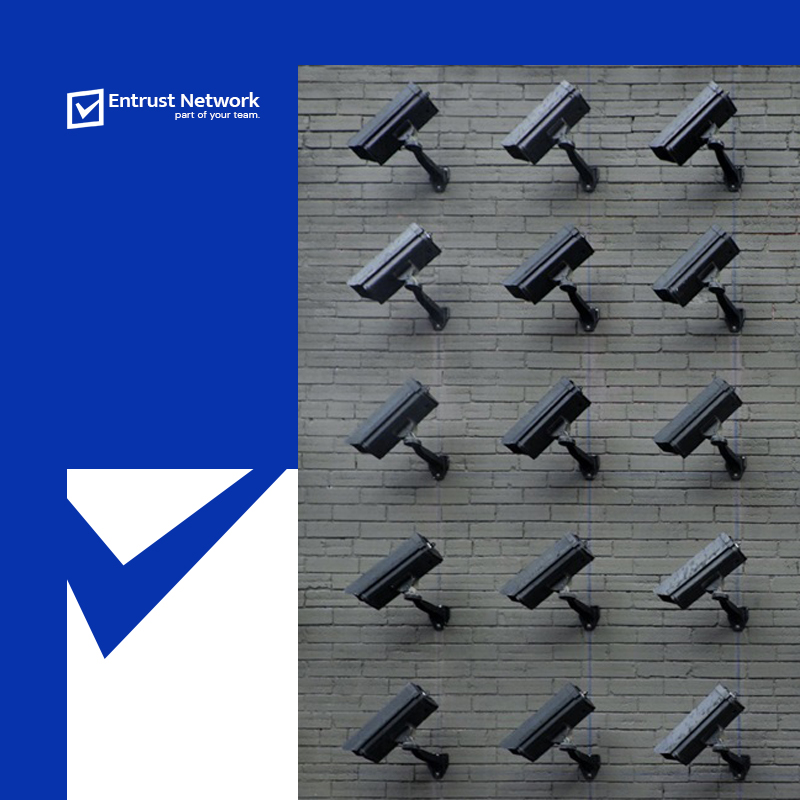
As the world becomes increasingly interconnected, the importance of cybersecurity has never been greater. Companies are at greater risk of cyberattacks, data breaches, and other types of cyber threats than ever before. In response to this threat, companies have turned to next-generation firewalls (NGFWs) to protect their networks.
A next-generation firewall is a newer type of firewall that uses advanced features and technologies to provide comprehensive protection against a wide range of cyber threats. Unlike traditional firewalls, NGFWs can detect and block modern cyber threats such as malware, ransomware, and advanced persistent threats (APTs).
NGFWs incorporate advanced security technologies such as deep packet inspection, intrusion prevention systems (IPS), and application-level filtering. These technologies enable NGFWs to provide greater visibility into network traffic and detect anomalies in traffic patterns, identify suspicious activity, and alert administrators to potential threats.
1. Enhanced visibility.
NGFWs provide greater control over network traffic. Administrators can define and enforce policies that dictate how traffic flows through the network. This includes policies for specific applications, users, and devices, minimizing the risk of cyber threats and ensuring that only authorized traffic is allowed to pass through the network.
2. Content-Aware Security
Another benefit of NGFWs is their ability to provide context-aware security. They can analyze network traffic in real-time and make decisions based on context, such as the identity of the user or the location of the device. This enables NGFWs to provide more granular security controls, reducing the risk of cyber threats.
3. Integration
To further enhance security, NGFWs can also integrate with other security technologies such as security information and event management (SIEM) solutions, threat intelligence platforms, and endpoint security solutions. This enables NGFWs to provide a comprehensive security approach that can detect and respond to threats across the entire network.
The benefits of NGFWs are clear, and the need for these advanced security measures has never been greater. Cyber threats are becoming increasingly sophisticated, and companies must take a proactive approach to cybersecurity. Implementing an NGFW requires specialized expertise to configure and manage, but the benefits far outweigh the challenges.
By providing comprehensive protection against a wide range of cyber threats, NGFWs can help companies reduce the risk of data breaches, protect their critical assets, and ensure the integrity of their networks.
NGFWs are especially important for companies that deal with sensitive data such as non-profit organizations, healthcare organizations, legal and financial institutions, and government agencies. These organizations must comply with strict regulatory requirements and safeguard their data against cyber threats.
Conclusion
Next-generation firewalls are a critical component of modern cybersecurity. By incorporating advanced features and technologies, NGFWs provide comprehensive protection against a wide range of cyber threats. Implementing an NGFW requires specialized expertise, but the benefits of enhanced visibility, greater control over network traffic, and context-aware security far outweigh the challenges. Companies that prioritize cybersecurity and implement NGFWs can reduce the risk of data breaches, protect their critical assets, and gain a competitive advantage in today’s digital age.
